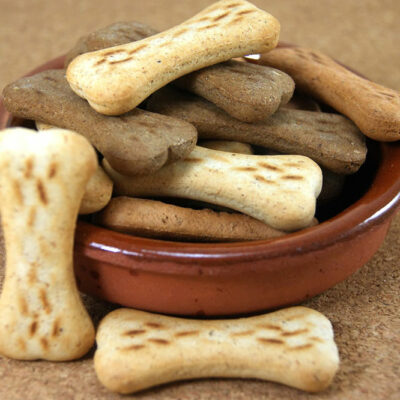
Ulcerative colitis is a chronic inflammatory bowel disease that affects the large intestine, causing symptoms such as diarrhea, abdominal pain, and rectal bleeding. While the exact cause of ulcerative colitis is still unknown, research suggests that certain foods can trigger flare-ups in some people. In this listicle, we’ll discuss five common foods that can trigger ulcerative colitis and why you should avoid them. As well as some prescription medications, such as Stelara, that can help relieve colitis symptoms:
1. Butter or margarine
Butter and margarine are high in fat, which can be difficult to digest for people with ulcerative colitis. Additionally, they can trigger inflammation in the gut, leading to symptoms such as abdominal pain and diarrhea. To avoid these symptoms, it’s best to avoid butter and margarine and opt for low-fat cooking oils such as olive oil.
2. Carbonated beverages
Carbonated beverages such as soda and sparkling water can cause gas and bloating in people with ulcerative colitis. Additionally, the high sugar content in soda can also trigger inflammation in the gut. To stay hydrated without triggering symptoms, it’s best to drink plenty of water and avoid carbonated beverages.
3. Coffee or caffeine
Caffeine can stimulate the digestive system and cause diarrhea in people with ulcerative colitis. Additionally, coffee can also increase the production of stomach acid, leading to abdominal pain and discomfort. To avoid these symptoms, it’s best to limit or avoid coffee and other caffeinated beverages.
4. Corn
Corn can be difficult to digest for some people, especially those with ulcerative colitis. The hard outer shell of corn kernels can irritate the gut lining, leading to symptoms such as abdominal pain and diarrhea. To avoid these symptoms, it’s best to avoid corn and opt for easier-to-digest vegetables such as carrots or green beans.
5. Dairy products
Dairy products such as milk, cheese, and yogurt can trigger symptoms such as bloating, gas, and diarrhea in people with ulcerative colitis. Additionally, some people with ulcerative colitis also have lactose intolerance, which can further exacerbate symptoms. To avoid these symptoms, it’s best to limit or avoid dairy products and opt for lactose-free alternatives.
While avoiding trigger foods can help manage symptoms, it’s important to note that there is no cure for ulcerative colitis. However, there are several treatments available that can help reduce inflammation and alleviate symptoms. One such treatment is Stelara, a biologic medication that targets specific proteins in the body that cause inflammation. Stelara can help improve symptoms and promote healing in people with moderate to severe ulcerative colitis. However, it’s important to talk to your doctor about the potential risks and benefits of this treatment option. If you have ulcerative colitis, avoiding trigger foods such as butter or margarine, carbonated beverages, coffee or caffeine, corn, and dairy products can help manage symptoms and improve your quality of life. Additionally, talk to your doctor about treatment options such as Stelara that can help reduce inflammation and alleviate symptoms.


